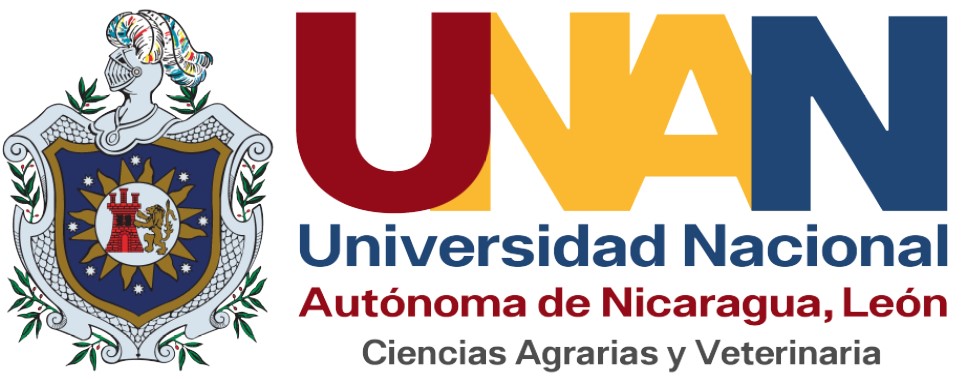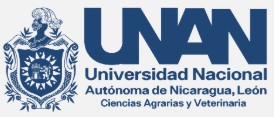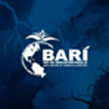Methodologies to analyze the factors that limit the teacher in the Inclusive integration of children with educational needs special
DOI:
https://doi.org/10.5377/ribcc.v3i5.5942Keywords:
Inclusive education, Methodological strategies integration, Inclusive approachAbstract
This study aims to analyze the different methodological strategies applied
by teachers to children with educational needs associated with a
Disability The techniques used for the collection of information were:
Documentary analysis interviews observation to .Director, Teachers Parents of
Families, specialists in inclusive education and children with needs
special educational Currently in the society in which we live, diverse needs arise
educational which are presented for various reasons, forms and causes,
becoming impediments to children's learning so that
they require more attention to overcome these obstacles (deficiencies).
Therefore it is worth mentioning that the educational center where the
research aims at an inclusive education where children are cared for
special educational needs to a disability.
Downloads
Metrics
References
Herreras, E. B. (2004). La docencia a través de la investigación-acción. Revista iberoamericana de educación, 35(1), 1-9.
https://doi.org/10.35362/rie3512871
BISQUERRA ALZINA, R. (2009). Metodología de la investigación educativa. En A. LATORRE BELTRAN, La investigación acción (370-394). Madrid: La Muralla.
Becerra Labra, C., Gras-Martí, A., Hernández Hernández, C., Montoya Vargas, J., Osorio Gómez, L. A., & Sancho Vinuesa, T. (2012). Renewal of University Education based on Proofs (Renovación de la Enseñanza Universitaria Basada en Evidencias REUBE): A methodology of flexibla action. Perfiles educativos, 34(135), 62-77.
https://doi.org/10.22201/iisue.24486167e.2012.135.29171
Denegri, A., Aguirre, A., & Salinas, V. P. (2015). Entramando vínculos con niñas, niños y adolescentes y con redes comunitarias. In V Congreso Internacional de Investigación de la Facultad de Psicología de la Universidad Nacional de La Plata (La Plata, 2015).
Beltran, A. L. (2003). La investigación-acción: Conocer y cambiar la práctica educativa (Vol. 179). Grao.
Elliot, J. (1993). El cambio educativo desde la investigación-acción, Madrid: Morata.
González, JP, Ullastres, Á. M., y Carretero, M. (1999). Psicología Evolutiva. 2. Desarrollo cognitivo y sociales del niño. Alianza editorial.
Herreras, E. B. (2004). La docencia a través de la investigación-acción. Revista iberoamericana de educación, 35(1), 1-9.
https://doi.org/10.35362/rie3512871
Lewin, K. (1946). Action research and minority problems. Journal of social issues, 2(4), 34-46.
https://doi.org/10.1111/j.1540-4560.1946.tb02295.x
Miguélez, M. M. (2000). La investigación-acción en el aula. Agenda académica, 7(1), 27.
McKernan, J. (1999). Investigación-acción y curriculum: métodos y recursos para profesionales reflexivos. Ediciones Morata.
Rodríguez, J. M. (2011). Métodos de investigación cualitativa. Revista Silogismo, 4(8), 11-11.
Elliott, J. (1991). Estudio del curriculum escolar a través de la investigación interna. Revista Interuniversitaria de Formación del Profesorado, 10, 45-68
Gillard, G., Kemmis, S., & Bartlett, L. (1984). Collaboration between two universities in course development. Higher Education Research and Development, 3(1), 71-79.
https://doi.org/10.1080/0729436840030106
Kemmis, S. (1989). Improving schools and teaching through educational action research. Singapore journal of education, 6-30.
Martínez, M. (2006). La investigación cualitativa (síntesis conceptual). Revista IIPSI. Facultad de Psicologia. Vol 9 (1) pp123-146..
https://doi.org/10.15381/rinvp.v9i1.4033
Whitehead, J. (1989). Creating a living educational theory from questions of the kind,'How do I improve my practice?'. Cambridge journal of Education, 19(1), 41-52.
Downloads
Published
How to Cite
Issue
Section
License
Copyright (c) 2018 Revista Iberoamericana de Bioeconomía y Cambio Climático

This work is licensed under a Creative Commons Attribution-NonCommercial-ShareAlike 4.0 International License.
Copyright © 2025 Rev. iberoam. bioecon. climate change. National Autonomous University of Nicaragua León (UNAN-León), Knowledge Area of Agrarian and Veterinary Sciences / Specific Area of Agroecology and Agribusiness / Center for Research in Agrarian Sciencies. Academic Directorate. Research Department. Publication and scientific events Unit.












 EDITORIAL
EDITORIAL e-ISSN
e-ISSN


 COPYRIGHT
COPYRIGHT This work is licensed under a Licencia Internacional
This work is licensed under a Licencia Internacional 












